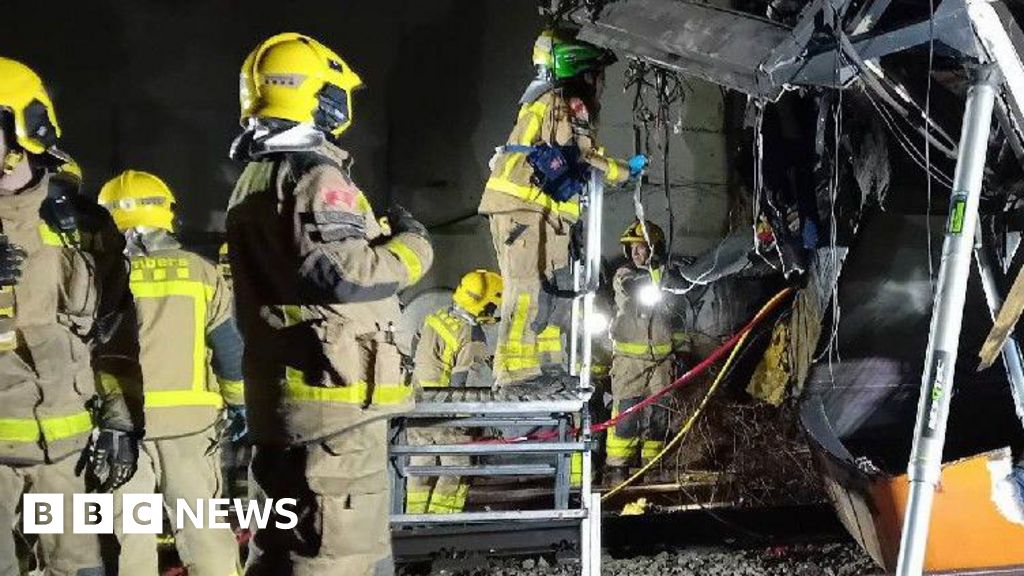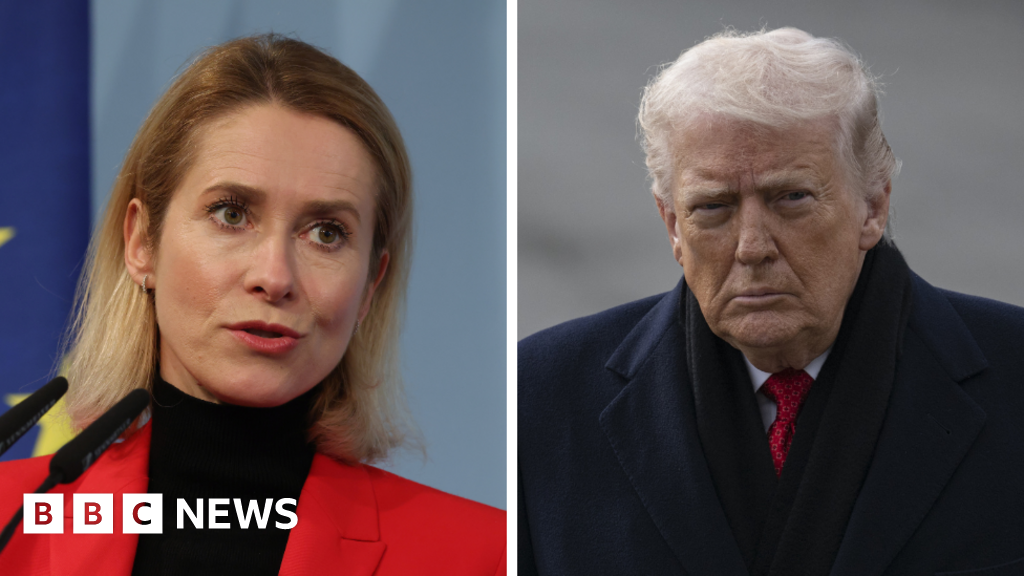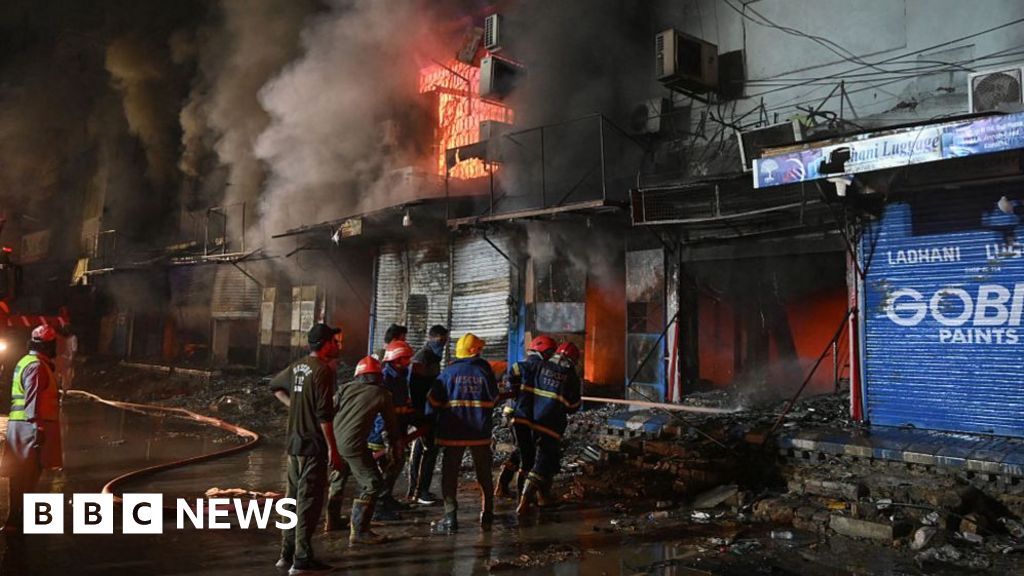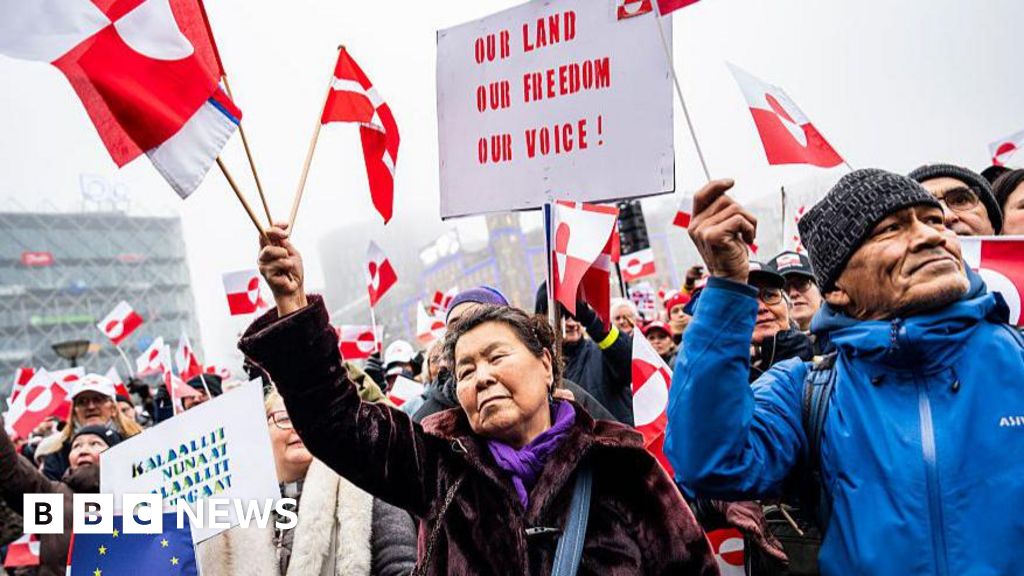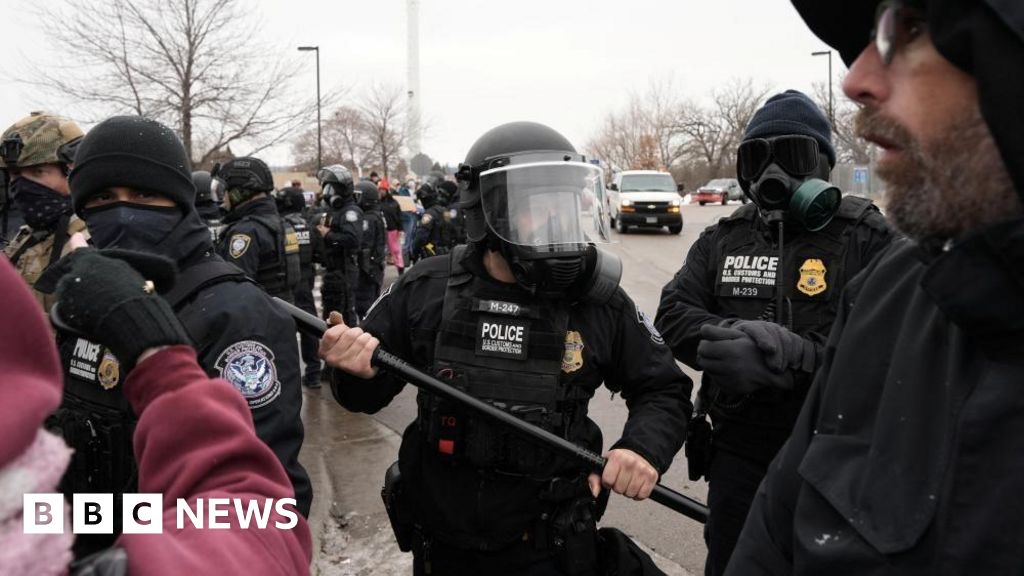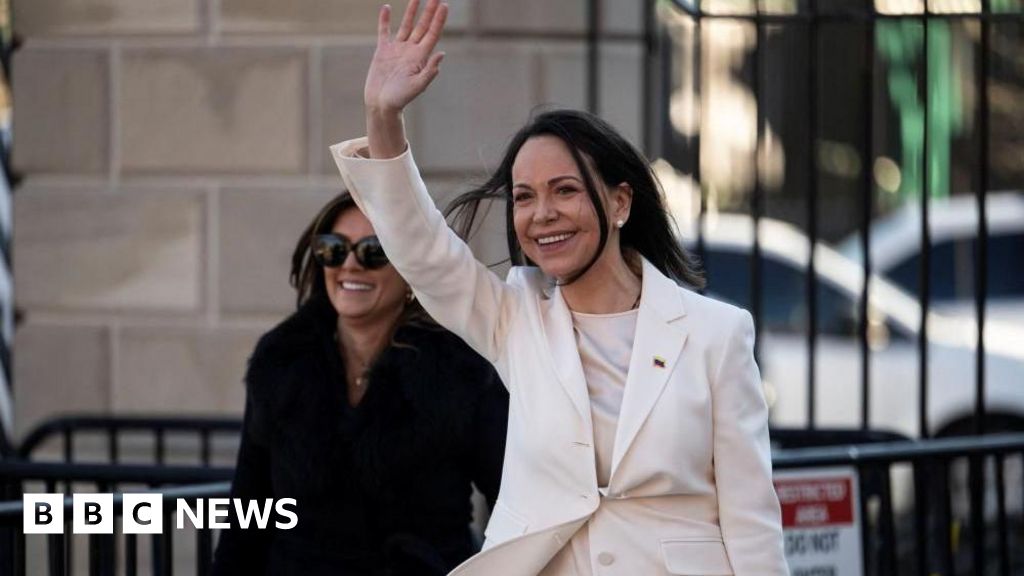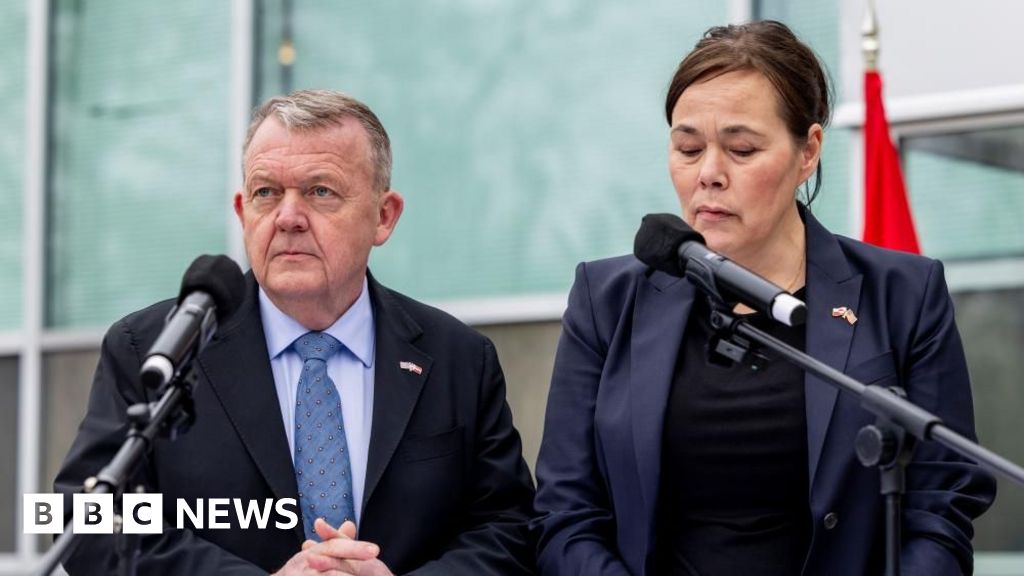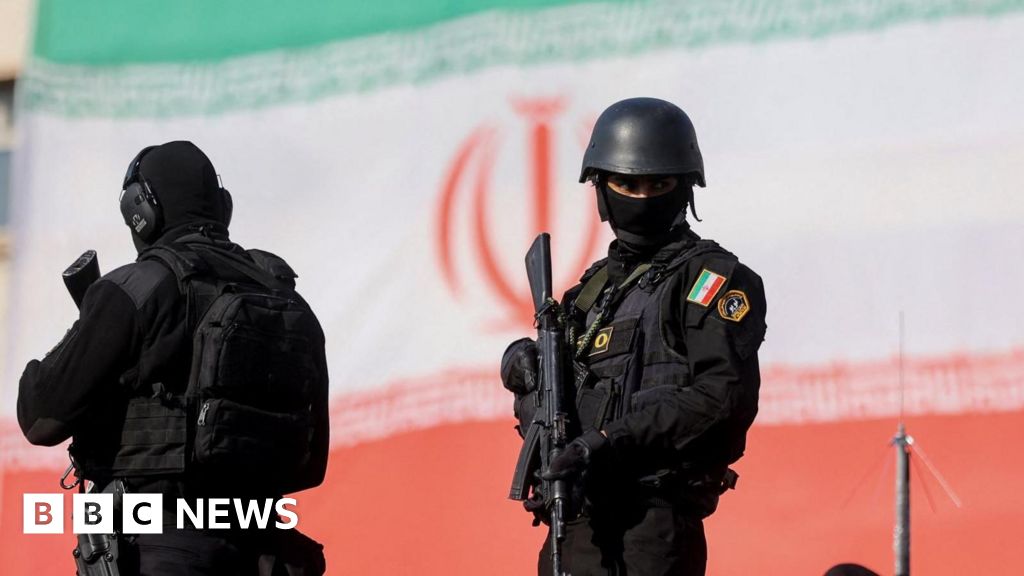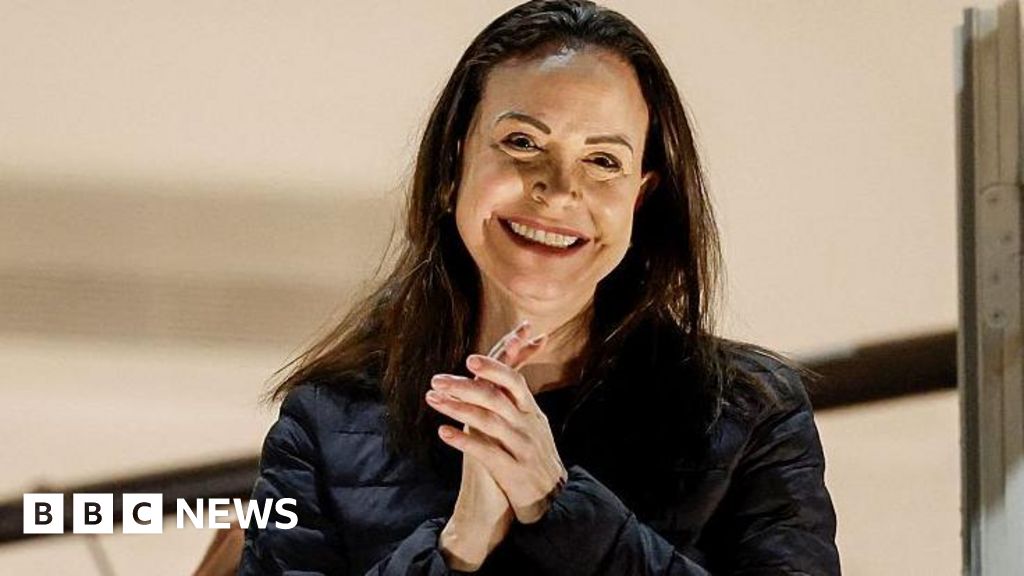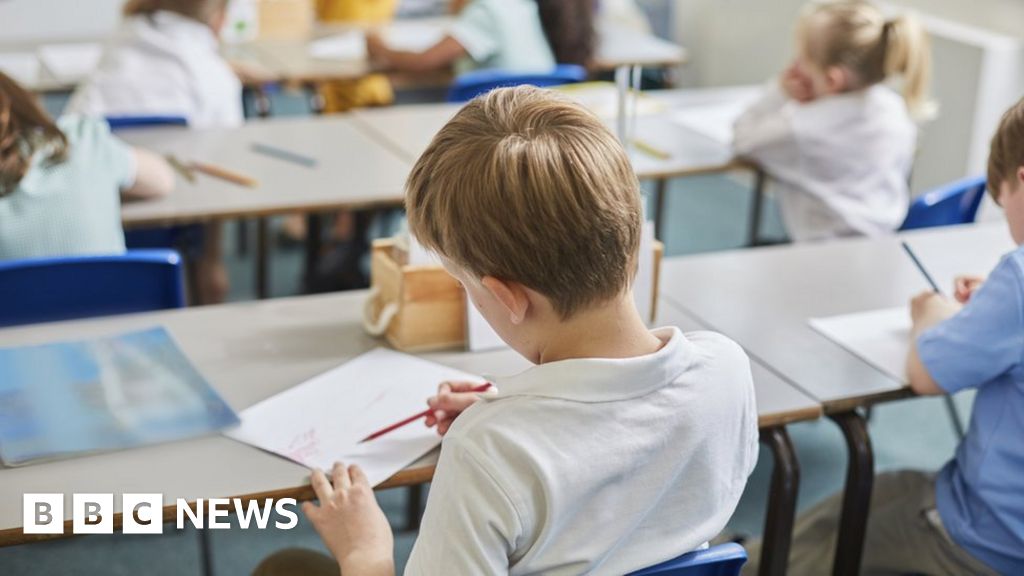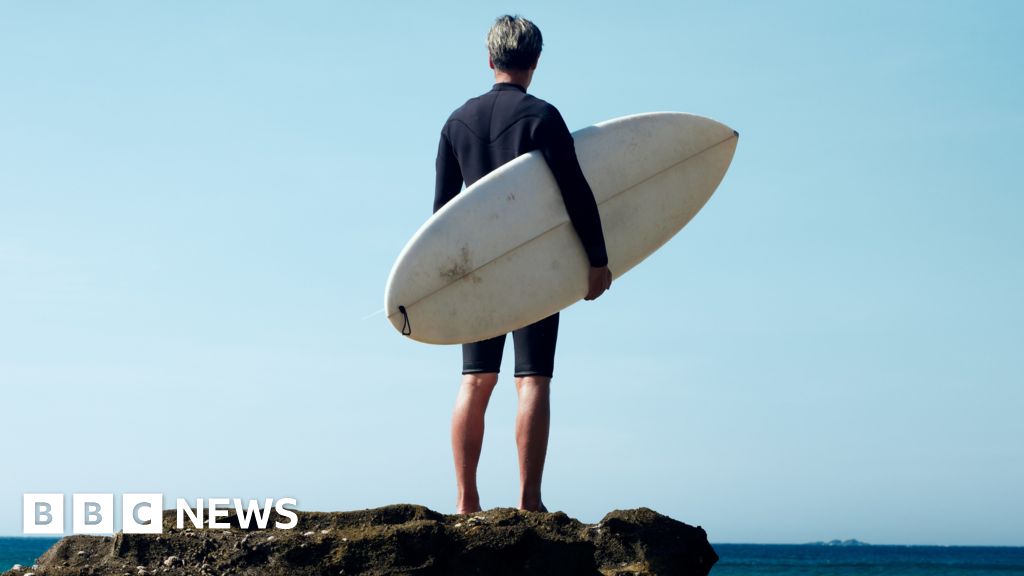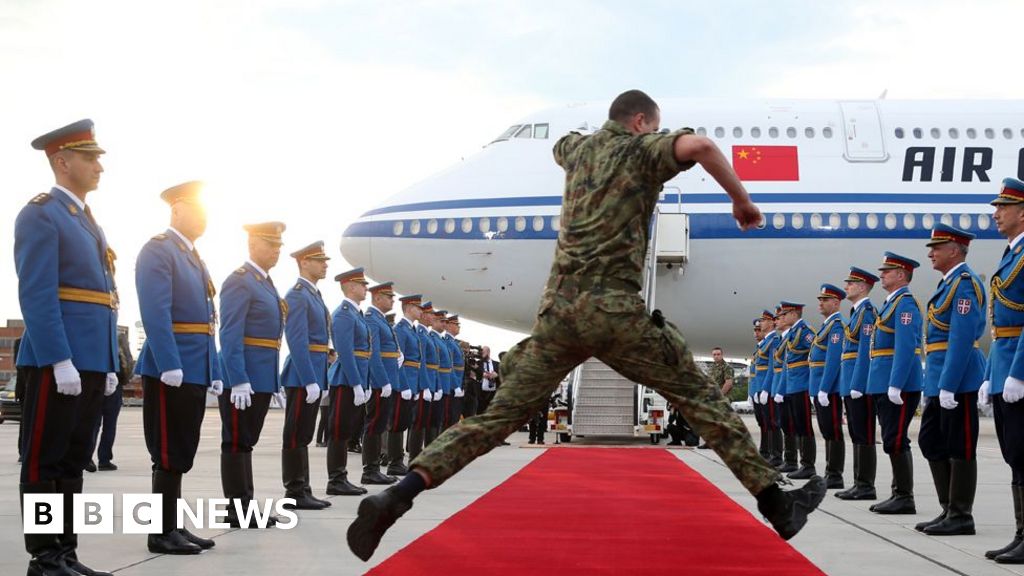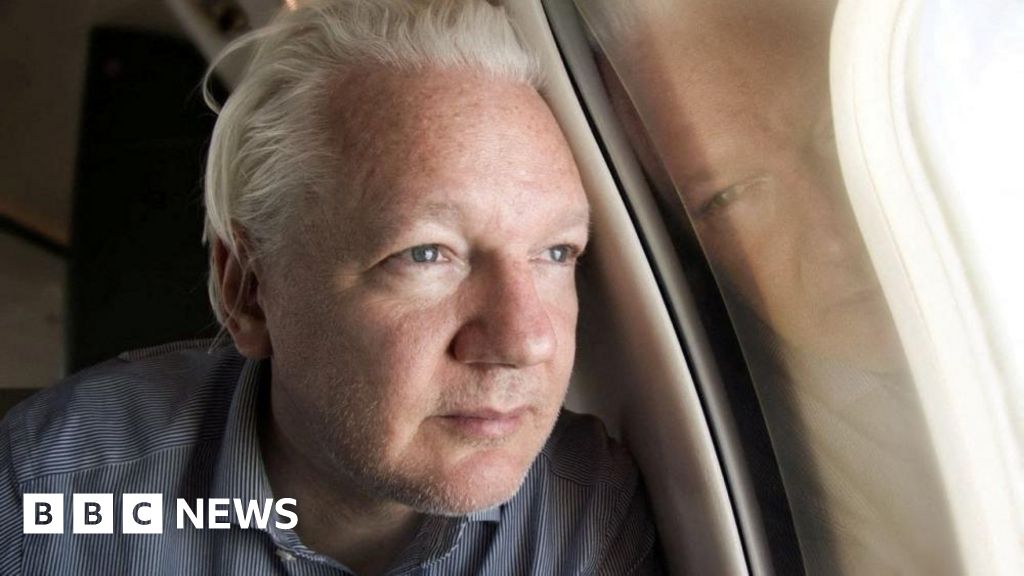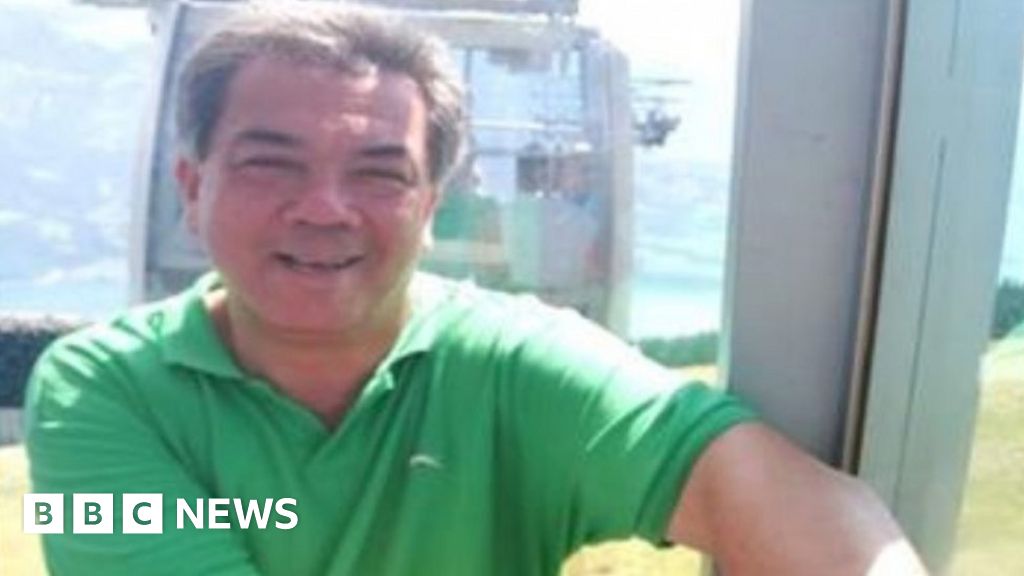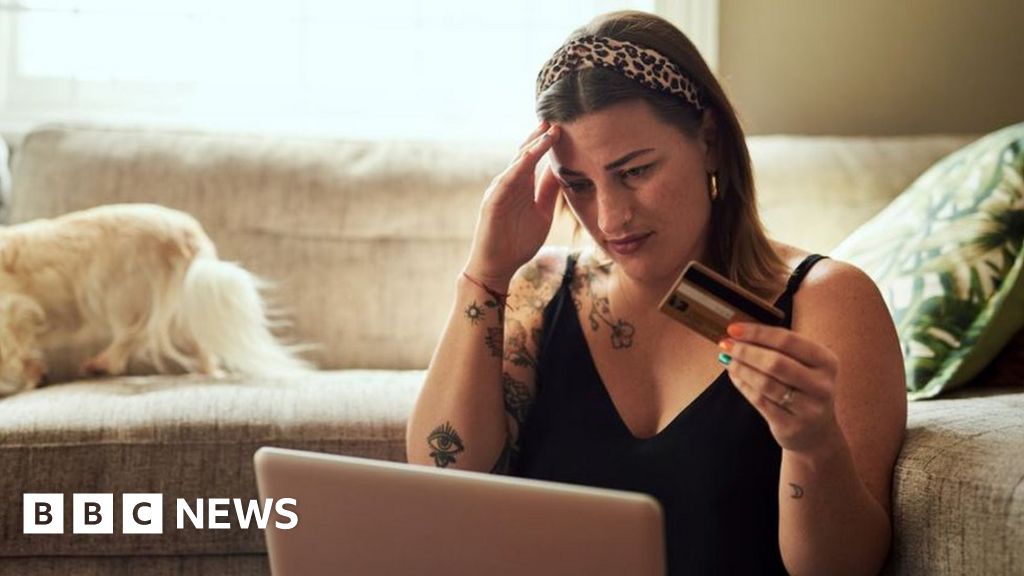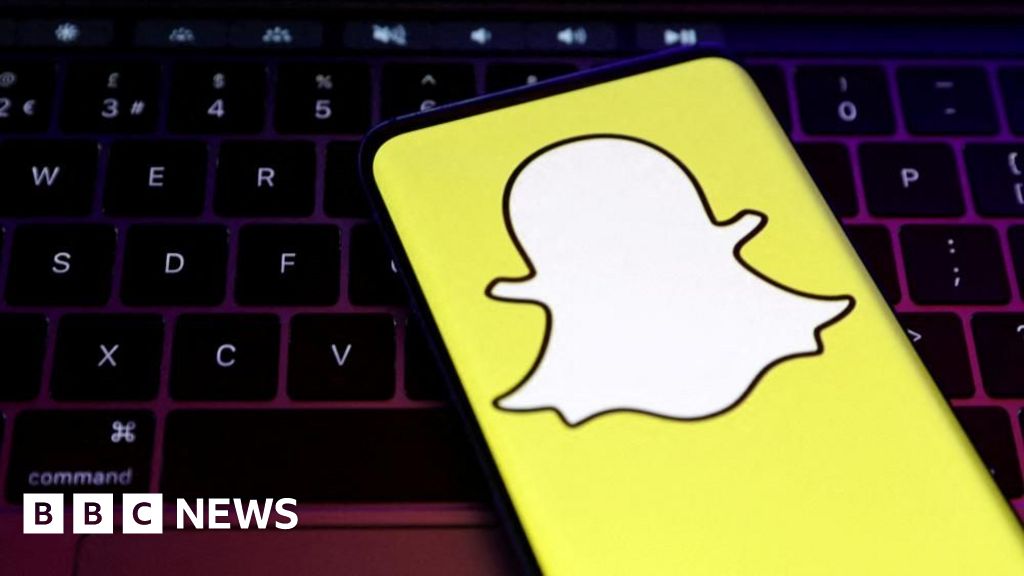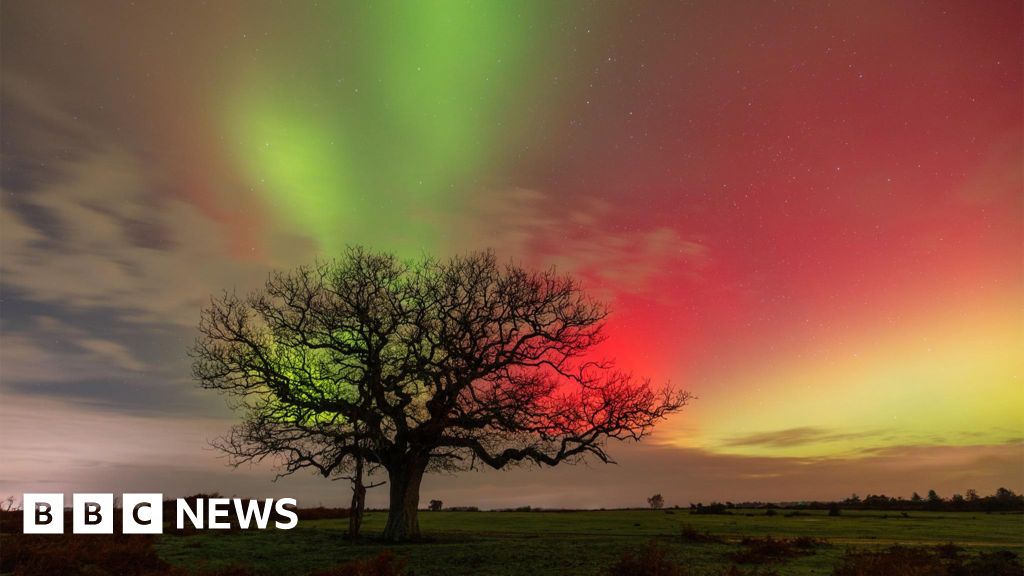Schools have a duty to share RSHE materials with parents, when asked for them.
Jason Elsom, chief executive of Parentkind, said the draft guidance must encourage this “transparency” between schools and parents.
He said parents wanted to “protect the innocence of their children” and only teach them relationships and sex “when they themselves feel it is appropriate”.Other organisations are concerned about restrictions on sex education.Lucy Emmerson, chief executive of the Sex Education Forum, said: “If topics were to be restricted it will leave children even more dependent on getting answers about topics from pornography, coercive control and STIs (sexually transmitted infections) from online sources.”The youth-led RSHE charity Sexpression agreed that since some nine-year-olds may have already been exposed to pornography, not being allowed to teach sex education at all would “negatively impact” them.PSHE Association chief executive Jonathan Baggaley added that the new guidance must “reflect reality” rather than potentially “undermining” education designed to protect children. Dolly Paladia, whose company School of Sexuality Education delivers RSHE workshops within schools, said: “Sex and gender education, when delivered thoughtfully and sensitively, equips children with the tools to understand and respect themselves and others.”
In 2019, head teacher Sarah Hewitt-Clarkson needed a court order to stop protests outside Anderton Park Primary, which later spread across England.
The protests – aiming to stop LGBT relationships education, with many parents and activists claiming it contradicted their Islamic faith and was not age-appropriate – were “utterly devastating”, she said.
Five years on, Ms Hewitt-Clarkson told BBC News the forthcoming government guidance must “eliminate the grey areas”.
